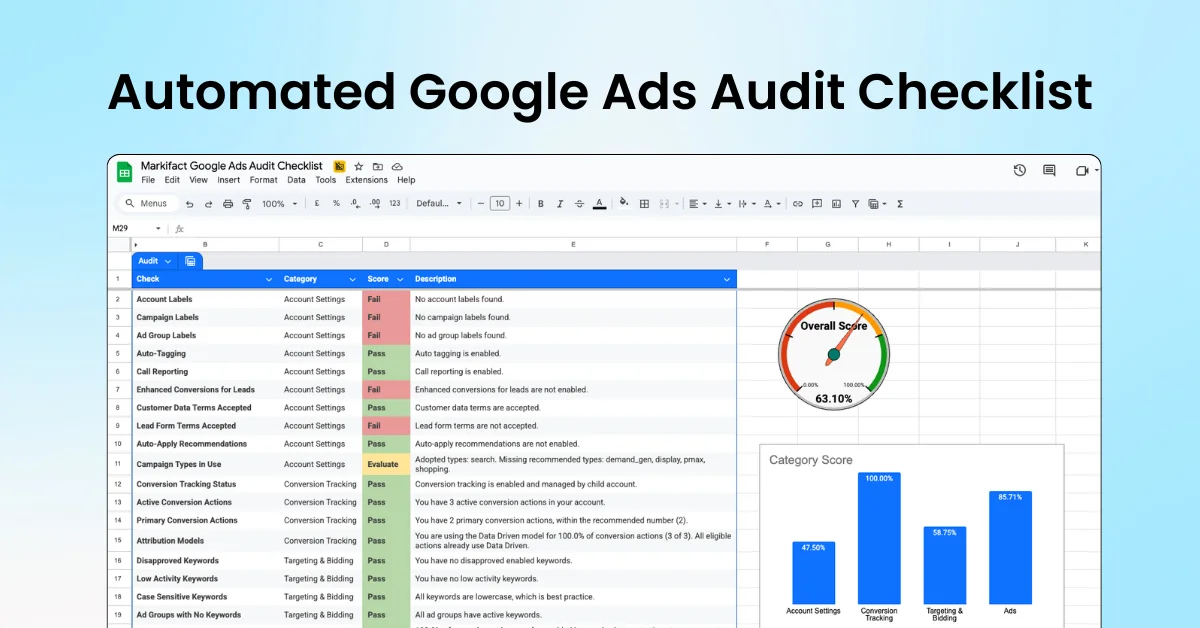Summary
Instacart's CMO, Laura Jones, has leveraged AI to boost ad sales. Key strategies include smart product recommendations, an AI-powered shopping cart, and an in-app tool for natural language queries. The company has transitioned from lower to mid-funnel creative solutions and is expanding its retail media network into retail-powered media, using data in partnership with CPG and platform partners.
AI and machine learning (ML) play a crucial role in Instacart's advertising strategy. They are used to enhance the product experience for consumers by providing smart recommendations and complementary items. For advertisers, AI helps in advancing the accuracy and relevance of recommendations. Additionally, Instacart leverages AI for its retail partners through the Caper Cart, an AI-powered smart shopping cart that brings grocery intelligence directly to the aisles. AI is also used in the Ask Instacart feature, which allows consumers to make natural language queries in the app, helping them find products that suit their specific needs, such as gluten-free snacks for children.
Instacart has delivered over a billion orders, providing them with a rich dataset on consumer behavior. They prioritize privacy and data security by aggregating and anonymizing this data. This extensive data helps Instacart understand purchase behavior, which is crucial for making smart recommendations and powering natural language search within their app. The Ask Instacart feature is one example of how they use this data to respond to consumer queries effectively. This deep understanding of consumer behavior also presents a significant opportunity for advertisers to reach potential customers with intent, thereby facilitating brand discovery and conversion within the app.
The Caper Cart is an AI-powered smart shopping cart developed by Instacart. It is designed to enhance the shopping experience by providing grocery intelligence in the store aisles. This technology helps Instacart's retail partners by bringing the benefits of AI directly to the physical shopping environment, potentially increasing engagement and sales through smart recommendations and a more personalized shopping experience.
Instacart is transforming the traditional concept of retail media networks into what they call retail-powered media. This approach leverages their comprehensive first-party data and closed-loop measurement to create a rich view of consumer behavior. Instacart has expanded its advertising solutions from lower funnel options like sponsored products to mid-funnel creative solutions, such as shoppable video, and tools like coupons to drive conversions. They also provide valuable insights for advertisers, which are now being utilized off-platform as well. This evolution allows brand partners to effectively engage with consumers at the moment of intent, when they are building their shopping carts.
Instacart's experience with AI in marketing has led to several benefits, including:
Efficiency Gains: By automating tasks that can be handled by machines, such as image scrubbing and enriching product descriptions, Instacart has seen double-digit improvements in bidding efficiency.
Strategic Focus: Delegating routine tasks to AI allows human marketers to focus on strategic thinking and innovation.
Enhanced Creativity: AI is used to assist in creative processes, such as storyboarding and brainstorming, although it does not replace the need for human judgment and taste in creating compelling stories and campaigns.
Improved Predictive Capabilities: AI's predictive abilities have been instrumental in discovering new keywords and consumer segments, such as those interested in detox diets, leading to unexpected customer acquisition opportunities.
Overall, AI acts as an amplification tool that can lead to incremental and exponential growth, creating efficiencies that can be reinvested into further innovation and strategic endeavors.
















